Civil Society is on the frontline in the battle against violence during COVID-19 pandemic
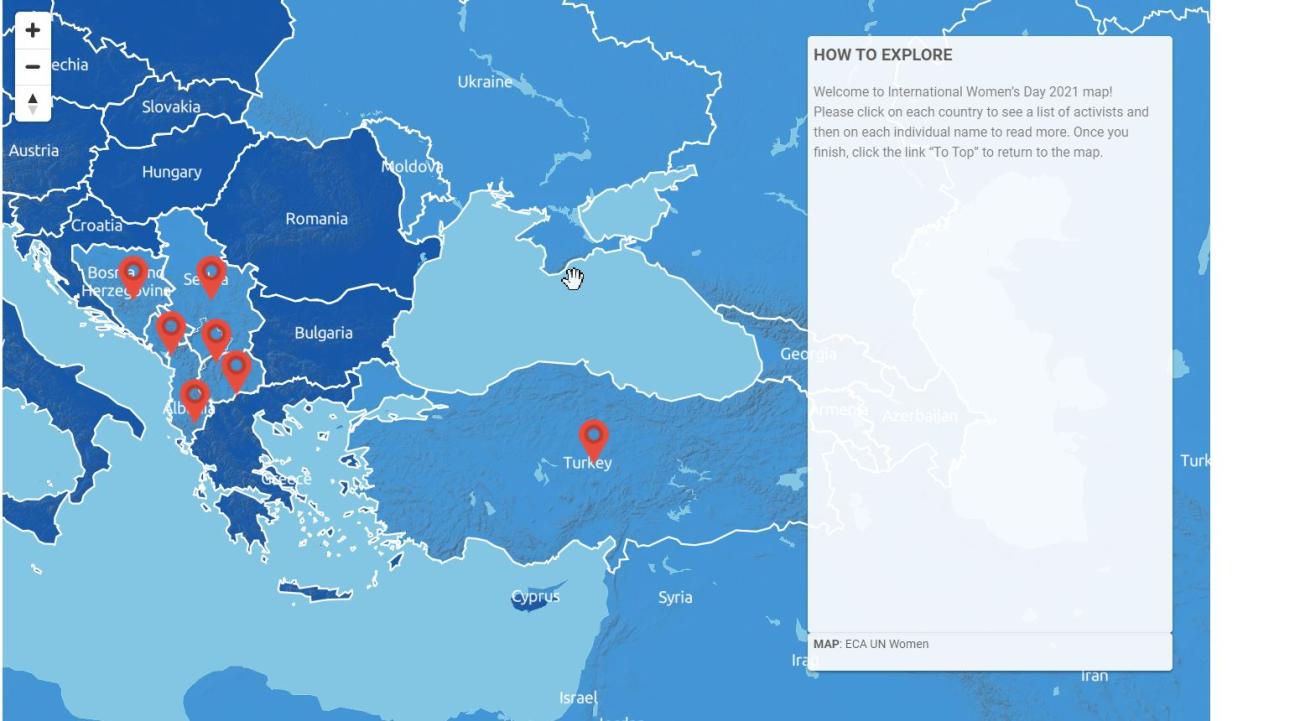
UN Women's new interactive map named “Implementing Norms, Changing Minds”, was launched to bring visibility to the leadership of women.
Within the EU-UN Women regional programme on ending violence against women in the Western Balkans and Turkey “Implementing Norms, Changing Minds”, an interactive map was launched to bring visibility to the leadership of women. The map features women leaders among civil society partners from the Western Balkans and Turkey, shining a light on their leadership role in responding to violence against women during the COVID-19 pandemic. In the map which showcases 33 women leaders from the region, there is five women leaders from civil society partners in Turkey.
Women leaders from civil society partners implementing activities of the regional programme in Turkey, expressed their stories on combatting violence against women during Covid-19 outbreak in this interactive map.
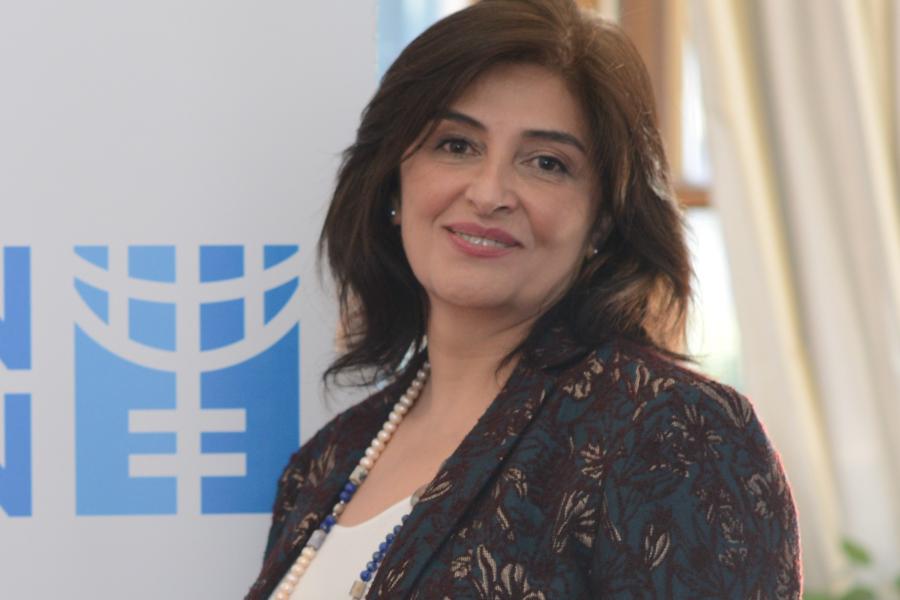
UN Women Programmes Manager Zeliha Ünaldı, stated that “As being part of this program, we have contributed to the fight against violence against women in the past three years with our civil society partners. We believe in the importance of increasing our strengths by acting together with civil society to counter the negative effects of the COVID-19 pandemic, especially on women and girls. Building a better and equal future for present and future generations by putting the rights and leadership of women and girls at the center, can only be achieved through active cooperation with the civil society."
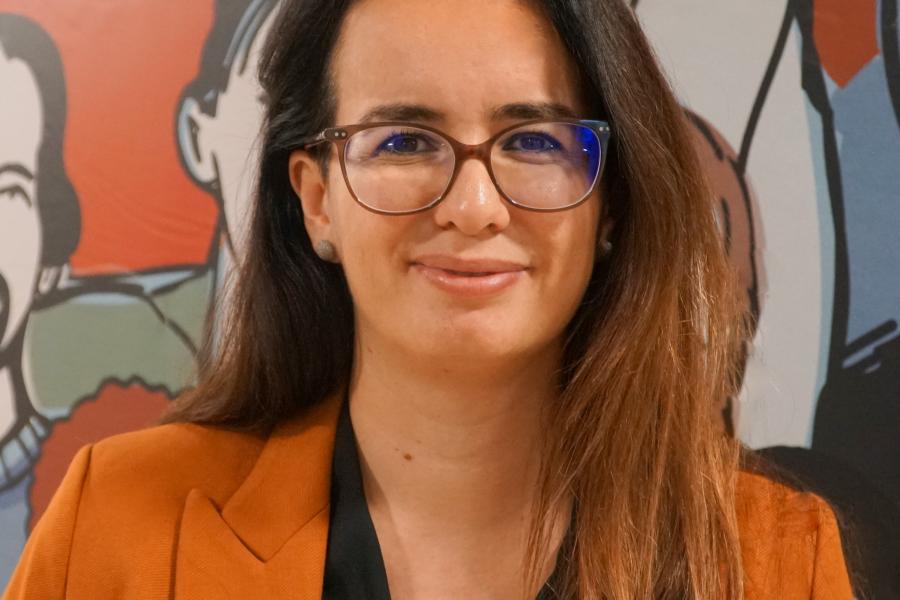
Burcu Gündüz Maşalacı, General Manager, AÇEV
“Women and children were disproportionately affected by COVID-19. In the face of the global pandemic, we were able to quickly and effectively realign our institutional priorities to serve the needs of the families at risk. To fight deepening inequities and contribute to the wellbeing of the households, we developed a new program for parents and children. As an organization working for the elimination of these risks for years, strengthening households as learning environments, reducing domestic violence and promoting peaceful, supportive and egalitarian parental attitudes will continue to be our top priorities in the future. We will continue to work with all our might to turn the lessons learned in this process into sustainable policies."
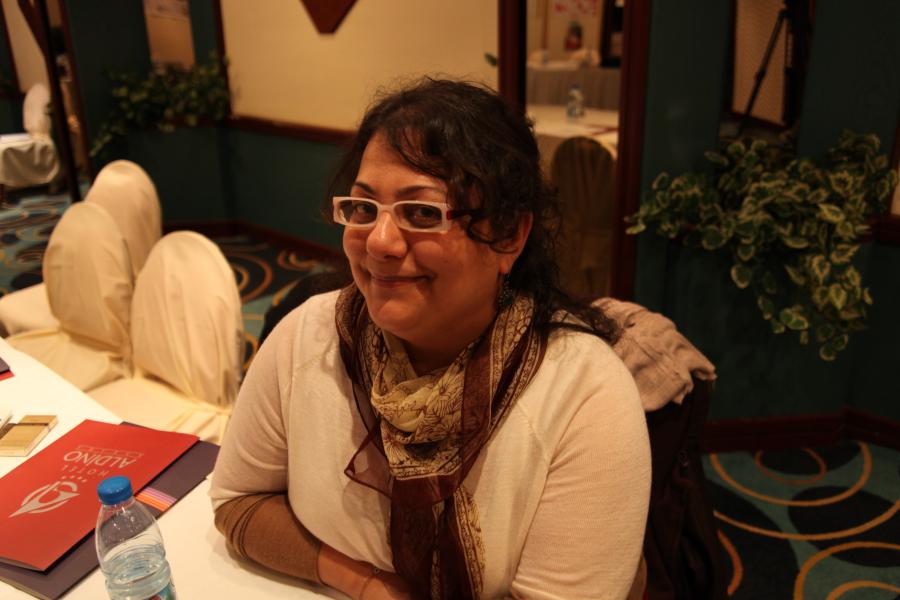
Selen Doğan, Board Member, Flying Broom Women’s Communication and Research Association
“Struggling against child marriage for more than a decade provided us with a deeper understanding on the link between gender, development and violations of girls’ human rights. Empowering girls is a cross-cutting issue that needs to be a part of any discussion, especially during the pandemic. For this reason, we conducted field research with the participation of Syrian girls in order to determine their challenges in accessing education in times of COVID-19. The most important challenges they have faced were the difficulty to follow lessons due to language barrier and technological problems such as lack of computer, internet access, etc. Based on these results, we launched an interactive bilingual Turkish-Arabic website to support Syrian girls to access education and encourage them to study STEM." (http://kizlarokuldagelecekleriguvende.org/)
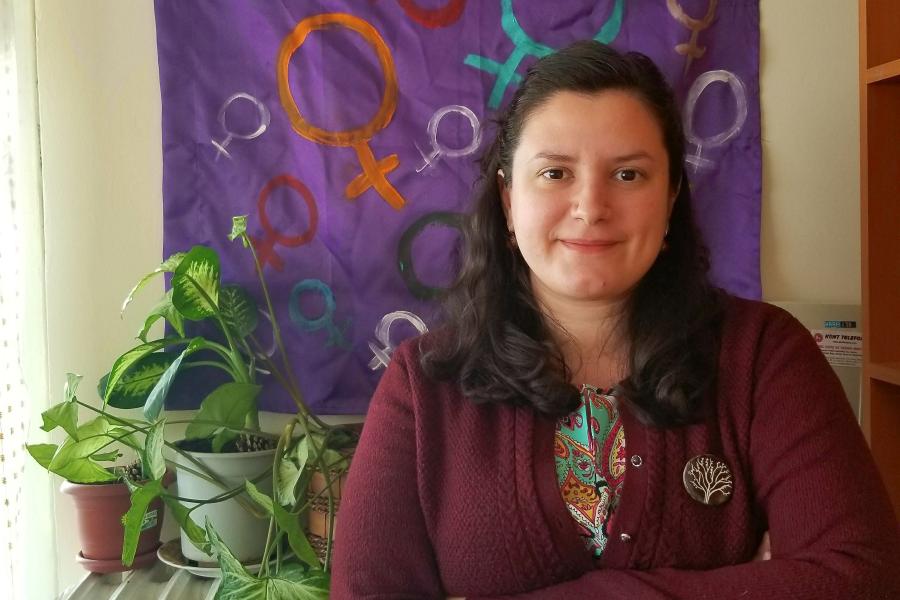
Nihan Damarlı, Head, Board of Directors, Foundation for Women’s Solidarity
"The fact that women's organizations are present where decisions are made means that women's often-ignored demands become visible. Our strength, as an organization, lies in our direct contact with women who are fighting violence. We struggle to make women's words and demands heard and oppose any effort to silence them. That's why it was crucial for us to maintain solidarity with women during the COVID-19 pandemic. We continued our social, psychological and legal counseling work. This showed us closely how the pandemic conditions affected women's struggle with violence, and how the home was not a safe place for women, which constituted the center of our advocacy work during the pandemic."
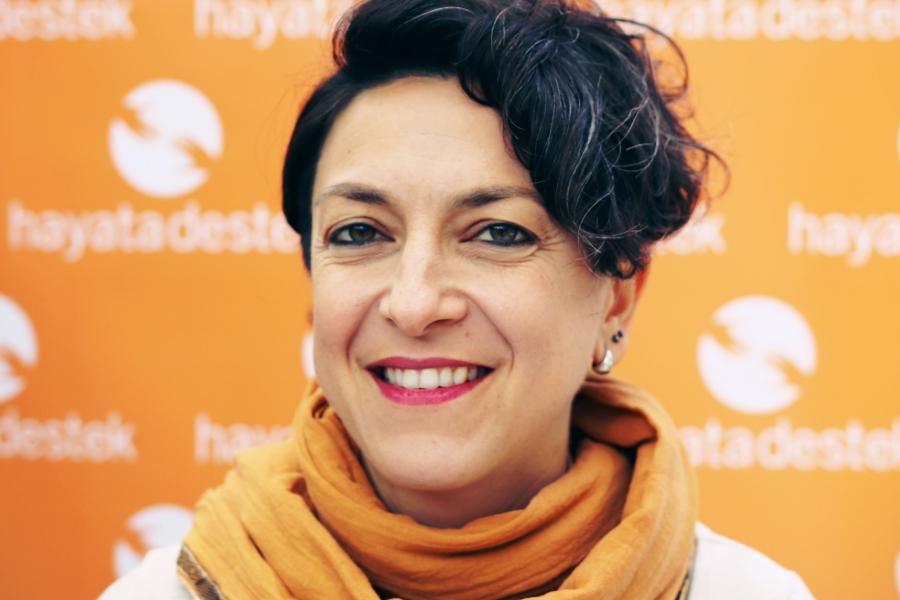
Sema Genel Karaosmanoğlu, Director, Support to Life Association
"In times of pandemic, we aimed to reach out directly to refugee women and girls in Turkey. We are proud to have raised awareness within the refugee community and public officers on gender-based violence and created a space for survivors to take action. These safe spaces enabled women to reach capable officers who are aware of women’s human rights and survivors’ needs during remote service delivery situations because of the pandemic. This was only possible through women reaching out to other women and solidarity."
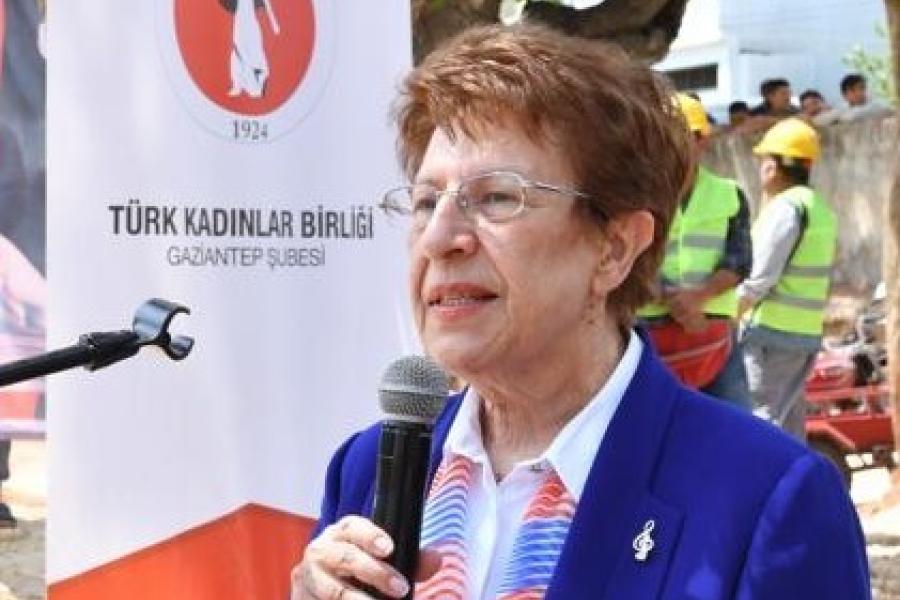
Sema Kendirci Uğurman, General President, Turkish Women’s Union
"We believe that knowledge empowers and changes lives. During the difficult situation caused by the COVID-19 pandemic in our country, violence against women has escalated with unavertable speed. We continued to struggle against violence against women through the dissemination, promotion and implementation of the two most important legal guarantees regarding violence against women – CEDAW and the Istanbul Convention - in 35 provinces from seven regions of Turkey. This was possible thanks to our collaboration with women’s CSOs, professional CSOs, universities, local media and authorized and responsible public institutions through online training, awareness raising activities and action plans for monitoring the implementation of the conventions."
You can reach the interactive map from here:

